
Monday night, as promised, we still have some catch up work to do. So let’s start with those Amazon Taxes, those Internet sales taxes of dubious Constitutionality. Colorado’s got tossed in federal court and Illinois’s didn’t raise any money. Obeying the Constitution counts, folks. Pass a true interstate compact through the Congress first.
Also as promised, there’s the matter of the Next Generation Television Marketplace Act. This is the one where ACU has come out against Jim DeMint, and that caught my attention. I have to side with the bill DeMint is sponsoring. I think ACU simply misunderstood what’s at stake here and had good intentions, but the excessive complexity of the regulations defeated them here.
The bill does not let cable providers become free riders, retransmitting others’ streams for free. It just stops the law from trying to dictate the parameters of the negotiations on retransmissions. I see no harm in that, and potentially much good.
Here we go again. Apparently we’re supposed to be unhappy with the CISPA information sharing bill by Mike Rogers and Dutch Ruppersberger because it potentially could be used against copyright infringement. And SOPA is invoked against that. SOPA wasn’t defeated because everyone hates copyright. It was a power grab. Take your anti-copyright anarchy battles home, Reddit kiddies. You and your Anontard buddies.
More cybersecurity still: We cannot and must not have DHS start regulating the Internet. Government can’t even secure itself yet and so has no standing to dictate to others. Information sharing in the private sector, without government gatekeepers, is far more useful for protecting our country’s Internet resources. Further, with the irrationality and secrecy of TSA and its regulations, how can we trust them at all?
Going back to SOPA, Comcast was apparently for it, which doesn’t surprise me. Comcast is an ISP particular vulnerable to Bittorrent users flooding the network with high volume copyright infringement dragging down service for everyone.
Is a problem with tech patents, including software patents, that the system isn’t scaling well? Size, not just speed?
Apparently all the fuss over FCC reform, using white spaces as an excuse to oppose all FCC reform out of the Congress, was resolved with white space use marching on. This could be interesting. We’ll have to watch and see how it works, or whether we just get a tragedy of the commons.
An interesting development in the Do Not Track saga: Radicals and businesses are interpreting them differently, but frankly, the interpretation of the radicals is stupid. There already is a way to not be tracked at all, and not just exclude third parties: Disable cookies, dummies. The radical agenda apparently to be promoted by the FTC is out of touch with the actual technologies involved.
Apparently the FTC folks don’t understand that if you don’t want tracked by, say, Amazon’s recommendations, then you simply shouldn’t log into Amazon all the time.
LightSquared may be on the verge of bankruptcy, but Chuck Grassley is still fighting tenaciously for FCC transparency with respect to LightSquared, and is going to maintain his holds on the new FCC appointees. Go Chuck Go!
Here’s a potentially huge deal in the tech/copyright nexus that I hadn’t heard about at all Google is under concerted attack by a number of copyright holders in a move that potentially risks undermining the whole DMCA safe harbor system. Google has taken many steps to curb copyright infringement on YouTube, but they’re being dogpiled upon anyway by firms going after those deep pockets. If being a rich and popular website that gets taken advantage of by copyright infringers is enough to knock down the Safe Harbor, then it seems to me that the entire Safe Harbor system of the DMCA is at risk. That’s not good, as that was a careful balancing of interests in that bill. We cannot let the scales get tilted one way.
If the Youtube case goes too far, new legislation may be needed, and that’s going to be a big old mess. Especially when the MPAA and RIAA interests will inevitably be comingled with legitimate international concerns of Chinese and other foreign firms ignoring US copyrights


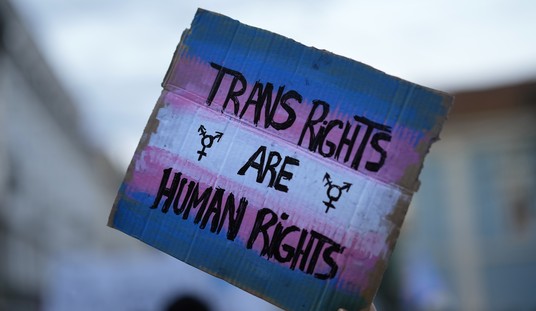
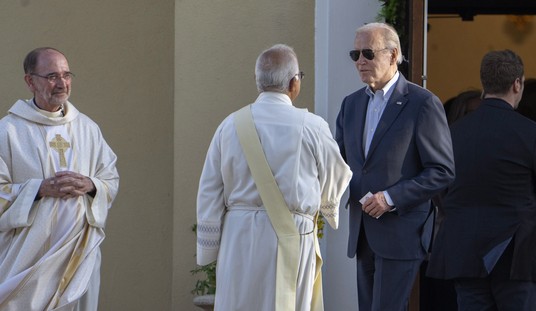


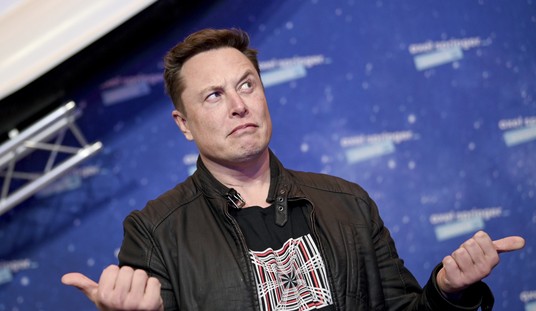
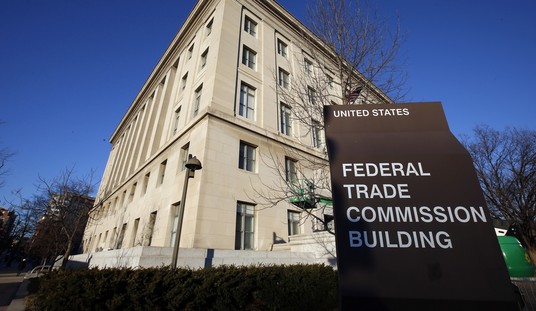


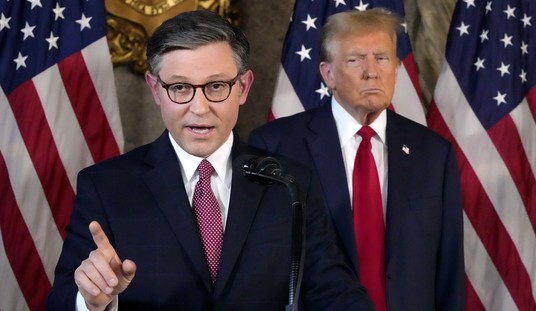

Join the conversation as a VIP Member